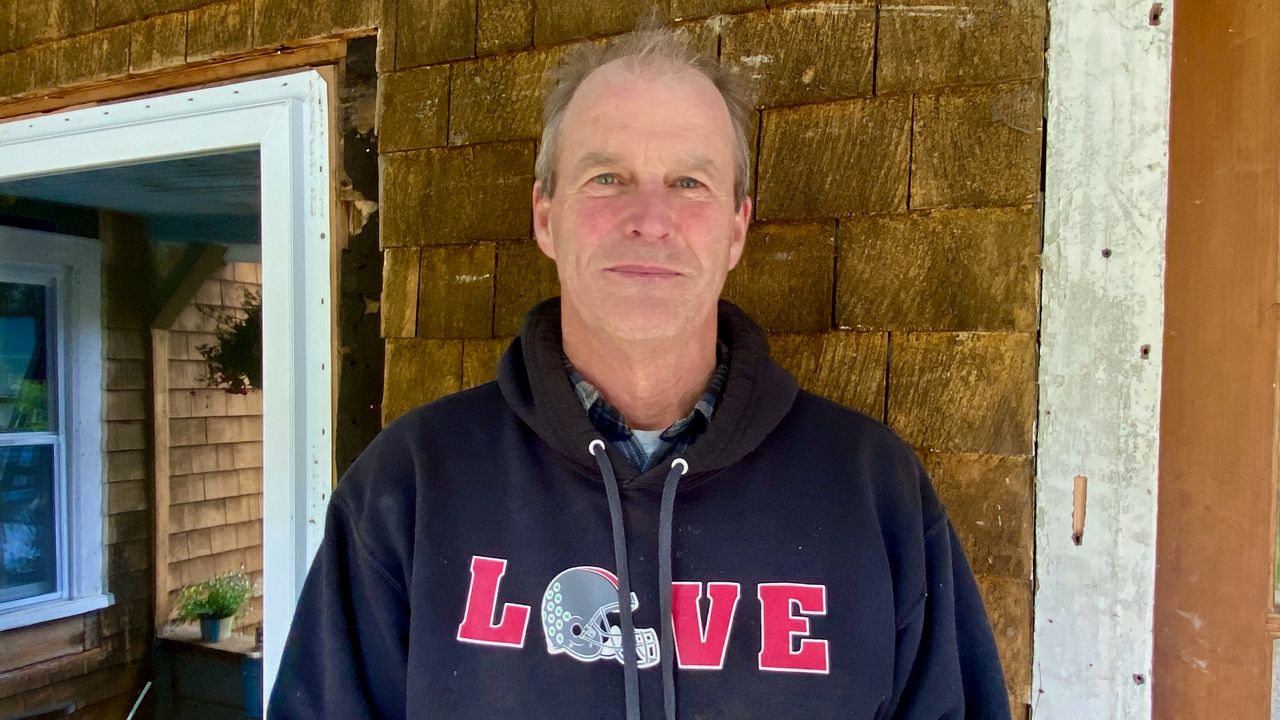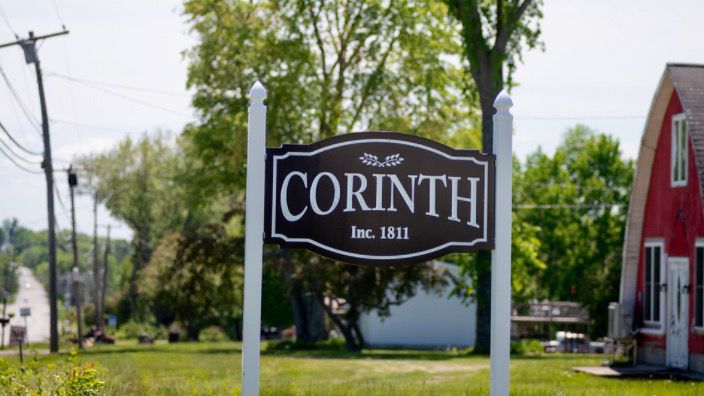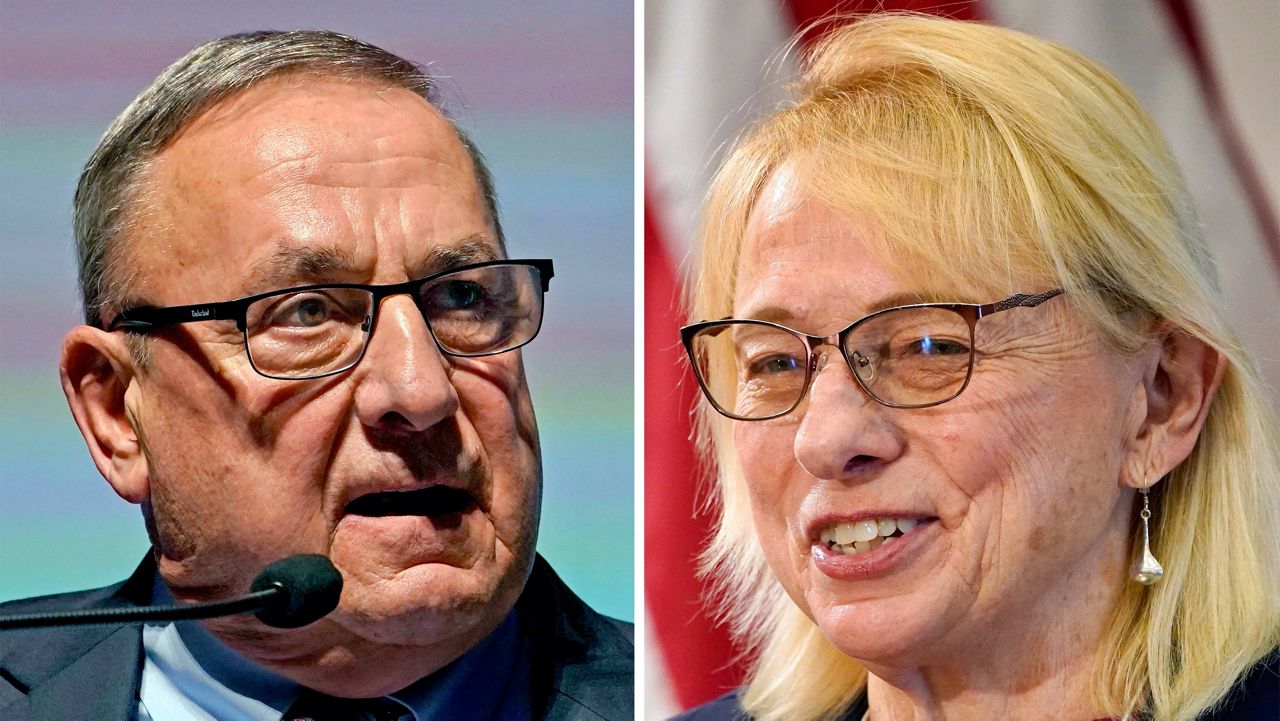Dr. Sam Hunkler of Beals Island has never run for office before.
He hasn’t worked out all his positions on the major issues and has no talking points. He spent so much time trying to get 4,000 verified signatures to qualify for the November ballot he hasn’t had time to develop his own platform.
Yet the 65-year-old independent will be on the November ballot alongside Gov. Janet Mills, a 74-year-old Democrat seeking reelection and former Gov. Paul LePage, a 73-year-old Republican hoping to win a third term.
“Fifty years ago, people didn’t lose their friends and family because of political views,” Hunkler said Monday during a break from working on his son’s farmhouse in Cherryfield. “It’s become so divisive, so polarizing, how do we come back together? That’s really my motivation. I don’t think either party is going to be able to do that.”
Hunker is a semi-retired family physician who continues to see a limited number of patients on Beals Island, a small year-round community connected by a bridge to Jonesport in Washington County. He mostly now offers mental health counseling, but previously spent 38 years as a general practice physician, including 20 years at the federally qualified health care center in Harrington, also Downeast.
A native of Ohio, Hunkler is the son of a telephone company employee and a stay-at-home mother. He’s the eighth of nine children from the coal mining and farming town of Barnesville, but he knew at a young age he wanted to study medicine. His family wasn’t poor, but also didn’t have a lot, he said.
He went to Oberlin College for undergraduate studies and graduated from medical school at Case Western Reserve University in Cleveland. He served in the Peace Corps, where he met his future wife, a Maine native.
With four grown children, Hunkler said he wants to continue to serve the public, but in a way different from practicing medicine, which changed dramatically through the course of his career.
“When I first started out, I was a doctor, then I became a biller, then a coder, then a secretary, then a referrals person, and all these other things I spent 40% of my time doing that just really for most doctors is just so frustrating,” he said. “We spend so much of our time not being doctors.”
As an independent, also called unenrolled, Hunkler is continuing a Maine tradition of independent candidates who run for governor. Maine elected its first independent in 1974, when Jim Longley kept his campaign promise and served only one term. Twenty years later, independent Angus King, now a U.S. Senator, won the first of two terms.
When LePage won his first term in 2010, he narrowly defeated independent Eliot Cutler, who finished ahead of Democrat Libby Mitchell and two other independents.
“There are a number of people, especially Democrats, who don’t want me on the ballot,” Hunkler said. “They think I’m going to split the vote and LePage is going to win again. I’ve gotten a lot of hate mail, even phone calls.”
Hunkler faces a difficult path to compete against well-known, longtime politicians who will undoubtedly spend millions on television ads, radio spots and those large glossy mailers that have become prevalent in recent election cycles. For his part, Hunkler said he will put $5,000 of his own money into the campaign — in addition to travel costs — and plans to rely on volunteer staff. He doesn’t want donations.
When asked about a handful of key issues, Hunkler is pro-abortion, but against COVID-19 vaccine mandates. He said he’s not an anti-vaxxer, but doesn’t think the government should tell people what to do with their bodies. He supports full tribal sovereignty and gay marriage.
When it comes to state budget matters, he said he needs to study the issue more, although he questions the $850 checks being sent to most Mainers, saying needs such as road repairs should be prioritized. He also does not support eliminating the income tax, saying it would force increases in the property tax.
If elected, Hunkler said he would bring together a council of Democrats, Republicans, independents and a wide variety of people to aid in decision making. He doesn’t have all the answers, but said his training as a physician means he can ask good questions and bring people together.
Governors sometimes clash with the Legislature, even those in their own party, which happened under LePage and Mills. As an independent, Hunkler will have no natural allies in the State House from which to build a coalition. But he wasn’t shy about criticizing legislators.
“You’re here to represent your constituents, not your party,” he said. “That is a huge problem in our government.”
Another problem?
A media that emphasizes division, focusing mostly on a small number of high-profile politicians and ignoring everyone else, he said.
“I think a lot of that division is propagated by media,” he said. “Most people I talk to are reasonable people. You can have a conversation with them.”
The public is also exhausted by politics, and Hunkler points to last week’s low-turnout primary as proof. Speaking of elections, he believes in the accuracy of the 2020 vote and that President Joe Biden is the legitimate president.
He doesn’t plan to actively campaign until the fall, believing that the public needs a break from politicians right now.
When he does move into a more active phase, his campaign will focus on the needs of children, which will touch on several different aspects of state government, including working with the Department of Health and Human Services to better protect vulnerable children; addressing the opioid crisis; improving mental health care; rehabilitating prisoners and finding a way to make sure housing becomes affordable again, he said.
For him, running for governor is about continuing a life of service to others — and about giving voters a choice.
“I feel like I’ve been blessed my whole life and I need to give back in some way,” he said.








